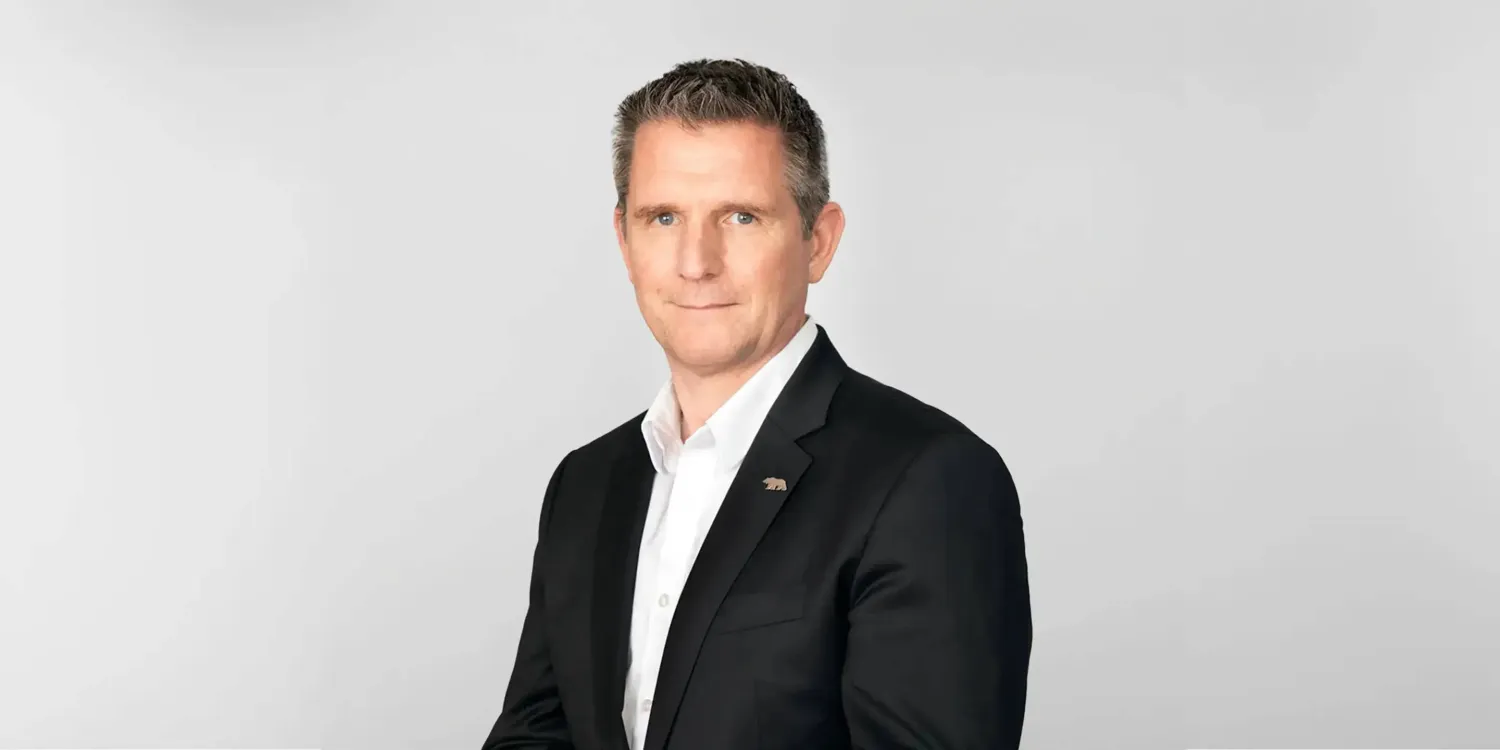Oman's Sultan Haitham bin Tariq and Kuwait Emir Sheikh Meshal al-Ahmad al-Sabah will attend the opening of Duqm Refinery and Petrochemical Industries on Wednesday.
The Duqm refinery is a $9 billion joint venture between Oman's OQ Group and Kuwait Petroleum International in Oman's Duqm Industrial Zone.
The Refinery represents a valuable addition to the global energy market by providing high-quality oil products and enhancing Oman's refining capabilities by up to about 500,000 barrels per day.
Meanwhile, Oman's Minister of Commerce, Industry, and Investment Promotion, Qais bin Mohammed al-Yousef, said in a press statement that the inauguration of the Duqm Refinery reflects the investment interest in the Sultanate.
Yousef noted that it reviews the efforts to attract investors to achieve Oman Vision 2040 goals aimed at boosting economic diversification policies and diversifying sources of income.
President of the Public Authority for Special Economic Zones and Free Zones Ali al-Sunaidy described the Duqm Refinery as a pioneering strategic project in the petroleum industries between Oman and Kuwait.
Sunaidy stated that it supports the efforts to increase the added value of the manufacturing sector and provides new investment opportunities for small and medium enterprises in Duqm.
He asserted the importance of the strategic partnership between the two brotherly countries in establishing the Duqm Refinery and its strategic location close to the Asian and African markets.
Investments in the economic, accessible, and industrial zones amounted to about $44 billion, including $10.9 billion in the Special Economic Zone in Duqm (SEZAD), which reflects the interest of local and international companies in investing in Oman, according to Sunaidy.
- Kuwaiti-Omani project
The Duqm Refinery Project is one of the fruits of close relations between the State of Kuwait and the Sultanate of Oman, as this joint project reflects the steady growth in bilateral ties between the two Gulf countries.
President of Oman Investment Authority (OIA) Abdulasalam al-Murshidi said that the Duqm Refinery in the Special Economic Zone is the most significant joint investment between the two nations in the refineries and petrochemicals sector.
It culminates the bilateral relations between Oman and Kuwait, embodies the depth of their economic ties, and links common interests to more joint investments.
Murshidi expressed his aspiration that the Duqm Refinery will open broader horizons to invest in Oman, especially in the Special Economic Zone.
He also referred to its role as a promising industrial center and enabler around which lucrative opportunities are established in the upstream and downstream industries, petrochemicals, and logistics, reflecting additional value to the SEZAD.
The CEO of the Kuwait Petroleum Corporation, Sheikh Nawaf Saud Al-Sabah, said that the Refinery is an ideal example of the convergence of economic interests between the two countries, especially since Kuwait shares a common history and heritage with Oman.
The CEO pointed out that the strategic project would enhance the prospects for future cooperation in development and economic projects that contribute to the stability of energy supplies and provide safe guarantees.
- The most crucial energy centers
The project, the foundation stone of which the two parties laid in April 2018, will transform the Duqm region into one of the most important energy centers in the area.
Occupying a 900-hectare plot of coastal land, the $8.5 billion complex is a joint venture for the Omani international energy integrated company (OQ) and Kuwait Petroleum International (Q8).
The project enjoys a strategic location overlooking the main maritime transport lines in the Arabian Sea. It will have a positive impact on the region.
Its preliminary refining capacity is estimated at 230,000 barrels of (Kuwaiti) crude oil per day. The products include diesel, aviation fuel, naphtha, and liquefied petroleum gas.
Kuwait Petroleum Corporation will secure 65 percent of the refinery's crude oil resources in line with the corporation's vision and strategy to provide safe marketing outlets for Kuwaiti oil.
The project includes three main packages. The first consists of the central processing units of the Refinery, while the second package includes facilities and services.
Meanwhile, the third package includes three sub-packages, which are storage and export facilities for liquid and bulk petroleum materials located in the port of Duqm, crude oil storage facilities in Ras Markaz, and a 90-kilometer pipeline for transportation of crude oil from Ras Markaz to Duqm Refinery.
The future vision of the project aims for the Refinery to be world-class, using proven technology and providing high-quality products following international safety standards while striving to achieve the highest operating standards.
Sultan of Oman, Emir of Kuwait to Inaugurate $9 Bn Duqm Refinery on Wednesday

Duqm Refinery is one of the joint investment projects between Oman and Kuwait (KUNA)

Sultan of Oman, Emir of Kuwait to Inaugurate $9 Bn Duqm Refinery on Wednesday

Duqm Refinery is one of the joint investment projects between Oman and Kuwait (KUNA)
لم تشترك بعد
انشئ حساباً خاصاً بك لتحصل على أخبار مخصصة لك ولتتمتع بخاصية حفظ المقالات وتتلقى نشراتنا البريدية المتنوعة







